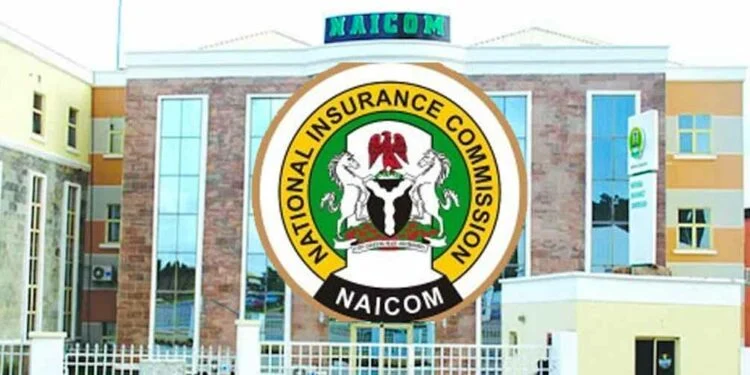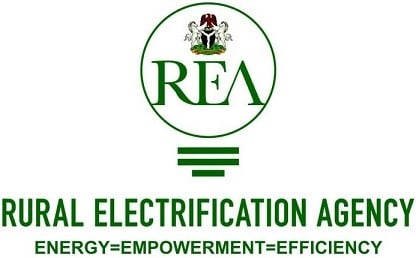By Alex Omenye
The naira witnessed a significant decrease, peaking at N2100 per Great British Pound in the parallel market, commonly known as the black market.
This surge represented a notable increase of 7.62%, with the currency strengthening by N160.00 compared to the previous day’s closing rate of N2,260.
This upward movement aligns with Nigeria’s intensified efforts to address the persistent depreciation of the naira, implementing measures aimed at stabilizing its value. These measures involve heightened enforcement against informal foreign currency street traders and targeting a prominent cryptocurrency trading platform.
Despite the Central Bank of Nigeria’s implementation of policies to boost the supply of foreign exchange (forex), challenges persist, underscoring the complexities of managing currency stability amidst economic difficulties.
However, in the parallel forex market, where forex is unofficially traded, the naira appreciated, quoting an exchange rate of N1,650/$1, a 6.06% increase from its previous closing rate of N1,750. Additionally, against the euro, the naira gained 5.95%, closing at N1850/EUR1 compared to the previous N1960/EUR1.
In the cryptocurrency market, where forex is traded using stablecoins, the naira settled at N1,637.30/$1 as of 12 pm.
These developments follow the joint efforts initiated by the National Security Adviser’s Office, led by Nuhu Ribadu, in collaboration with the Central Bank of Nigeria, to combat forex speculation and address issues affecting the country’s economic stability.
In a statement, spokesperson Zakari Mijinyawa outlined the partnership’s coordinated actions with law enforcement agencies like the Nigeria Police Force, the Economic and Financial Crimes Commission, the Nigeria Customs Service, and the Nigeria Financial Intelligence Unit. Mijinyawa emphasized that speculators, operating both domestically and internationally, have played a significant role in the naira’s depreciation, exacerbating inflation and contributing to economic instability in Nigeria.










